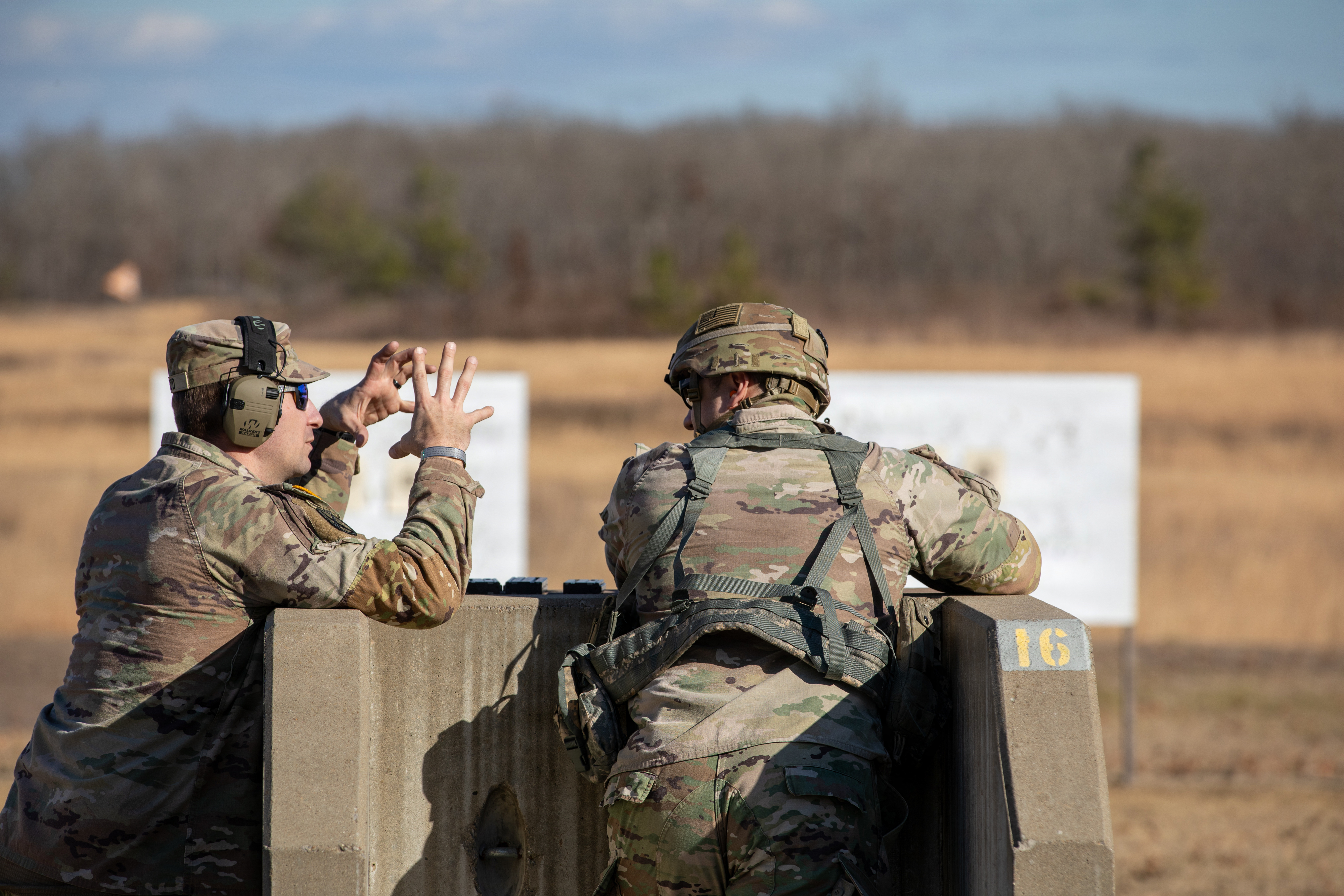Ask CJO – How do I Prepare for my First Assignment

Dear CJO,
I’m a cadet preparing to graduate this month. This day seemed like it would never come when I started almost four years ago. Now it’s almost here. With classes finishing and graduation just a few weeks away, it is starting to really set in. I have leave after graduation and then BOLC. I won’t arrive to my first for another 7-8 months because of this. Hopefully I can also get a school after BOLC. What would you recommend I do to prepare for my first assignment?
-Graduate
Dear Graduate,
It is great you are seeking out additional information. As leaders, it is our job to continually learn and better ourselves. I applaud you for doing that. Hopefully you have made the most of your time at your commissioning institution and are ready to shift your focus on Army specific learning. Regardless of where you are at in your development, there are always things you can to do get better.
First, I’d suggest you build a strong workout program. Your PT score is one number that many leaders and units use to judge your ability as a leader/officer. Whether it is an accurate measure or not, the fact remains that it is an important measure in most branches. As a LT, every line company I served with had an officer PT average around 290, with every officer scoring above a 270. PT is not something you can surge. If you have a strong program, great. If not, use the next 8 months to get into excellent physical condition. Build a plan and stick to it while you are on leave before BOLC. 1-2 months without working out can kill your physical ability.
Second, read doctrine. Members of our Facebook community echoed this. One current company commander said “When I knew what kind of company I was going to, I started reading the regulations on how that company operates. This helped me have a baseline of knowledge and showed my commander I was invested in doing a good job.” A newly promoted Captain echoed this. “Learn as much as you can in BOLC. This is your time to read up on doctrine, FM 3-0, FM 6-0, AR 25-50, AR 735-5 are great starters for young lieutenants.” Don’t forget about branch specific doctrine either. Rather than reading a publication in one sitting, break it up over time. This will help you retain more information and prevent boredom/burnout. Let’s face it, doctrine isn’t winning literary prizes for creative writing, but that does not diminish its importance in our profession.
Third, prepare to set a great first impression. Make sure you have a nice set of uniforms, a fresh haircut, and all your paperwork in place when you arrive. Your unit will assign you a sponsor before you arrive, if they have not already. Reach out to that person and learn as much as you can. However, remember to keep those interactions professional. Your sponsor will likely be communicating with your future boss. What they say can matter.
Fourth, your first impression starts well before you arrive. I already mentioned your sponsor, but another great way to show your professionalism is to send a letter of introduction to your future battalion commander. Some LTs arrive and we know nothing about them. That is a lost opportunity. However, I have also seen LTs write a great letter of introduction that left a positive impression on the unit’s leadership. Our CJO Huddle members echoed this. From the Green Notebook hosted a great piece on letters of introduction. You can find it here.
Finally, have an open mind, listen, and be ready to learn. While these are not things you can check off a list, getting into the right mindset is important. The way you learned thing at your commissioning source may be different than the way your unit operates. That does not mean one is right and the other is wrong. There are often many acceptable ways to lead or accomplish the mission. Knowing doctrine can help you understand your left and right limits. When you get to your unit, listen to what people have to say. Once you step into your leadership role, remember you are ultimately in charge. Don’t abdicate your responsibilities. However, remember that you have very minimal experience in Army organizations. Listen to what others have to say and learn from them. I have learned just as much from my subordinate as my peers and superiors. Be curious and ask questions. Often, your Soldiers will enjoy teaching you something new if you are open and receptive to it.
Leadership is a tremendous responsibility but is also incredibly rewarding. Your future Soldiers deserve nothing but the best, so do everything you can to give that to them. We look forward to you joining our profession as an officer in a few short weeks.
-Chad Plenge from the CJO Team
Do you have leadership questions? Send them to us at info@cjo.army.mil, though our website, or on our Facebook page.
———
Chad Plenge teaches leadership psychology at the United States Military Academy and develops high potential leaders with the US Army’s Center for Junior Officers. He holds a Master of Arts in Organizational Psychology from Columbia University, a Master of Business Administration, and a Bachelor of Science from the United States Military Academy. Chad is a certified Project Management Professional and an active duty officer in the US Army. In his free time, he serves as the President of the board of directors as well as an Assistant Director for a non-profit organization.
———



